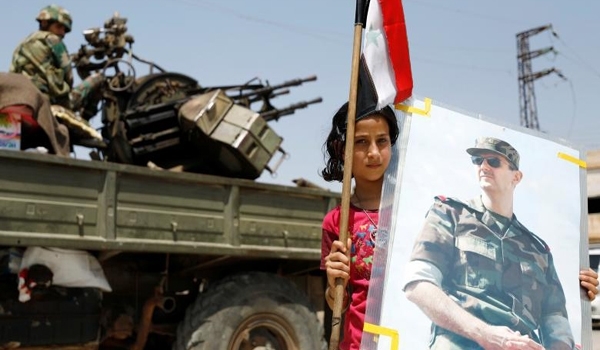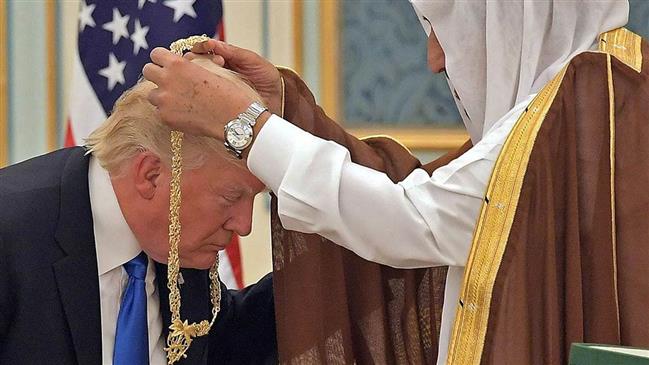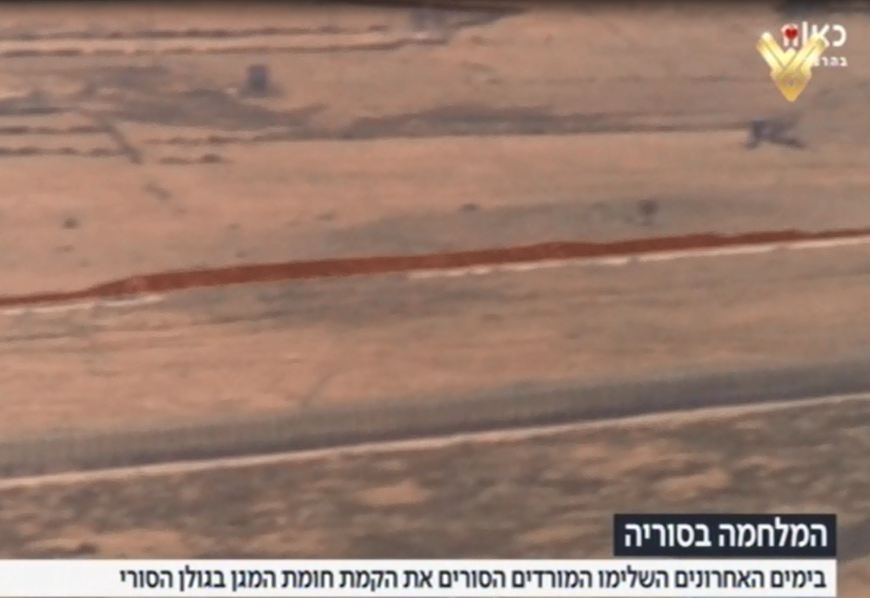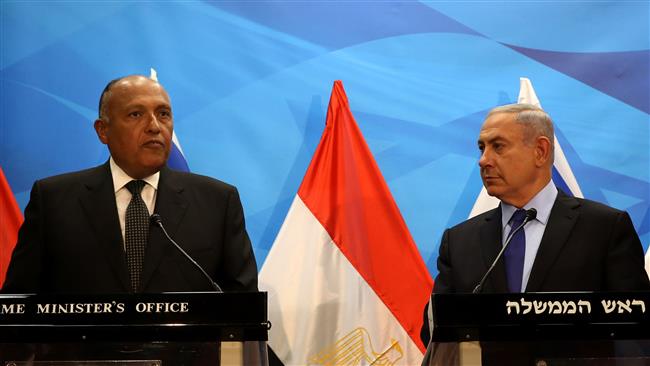German chancellor to visit Egypt, Tunisia to discuss migration
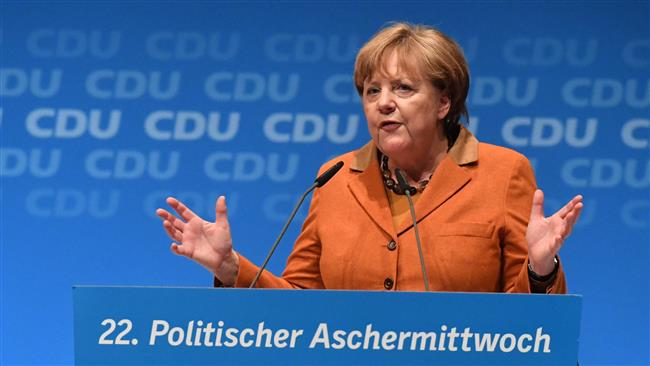

German Chancellor Angela Merkel is set to visit Egypt and Tunisia with an agenda of discussing the migration issues facing Europe that emanate from human trafficking in North Africa.
In a two-day visit beginning on Thursday, Merkel will first meet Egyptian President Abdel Fattah el-Sisi in Cairo before heading to Tunis to hold talks with Tunisia’s President Beji Caid Essebsi on Friday.
Merkel’s meeting with the Egyptian president will feature the discussion of such issues as bilateral relations between the two countries, with a specific focus on refugees and irregular migration to Europe.
Berlin is interested in helping Egypt strengthen its coastguard and clamp down on illegal trafficking across the Mediterranean, according to German government spokesman Steffen Seibert.
But that potential assistance would mainly benefit Germany and Europe more generally. European countries have been facing a crisis caused by massive numbers of refugees arriving irregularly by sea in the continent. Those refugees start their trips somewhere on North African shores, mainly in Libya.
In September, the German chancellor said that the European Union (EU) needed to establish refugee deals with African countries such as Egypt and Tunisia similar to an agreement it has already clinched with Turkey to stem the influx of refugees and asylum seekers to Europe.
Over the past two years, some 2,700 Egyptians have applied for asylum in Germany while about 1,700 Tunisians entered Germany as asylum seekers in the same time period.

Another issue to be addressed by Merkel during the trip to Egypt and Tunisia will be the two African countries’ troubled neighbor Libya, which has not had a national government since the 2011 overthrow of longtime dictator Muammar Gaddafi. The unrest has made the chaos-torn country the main gateway for the refugees heading for Europe by sea.
“Without a political stabilization of Libya, we won’t be able to stop the human traffickers operating out of Libya, who are responsible for by far the most arrivals in Italy,” Merkel recently said. “Egypt, as a regional institution, as a regional power, plays a major role here, as do Algeria and Tunisia.”
Merkel, who faces an electoral contest late this year, has been under intense pressure by opposition parties to curb the number of asylum seekers coming to Germany as anti-refugee sentiments are on the rise in the European country. Germany has taken in over one million refugees since 2015.
Peter Altmaier, Merkel’s chief of staff, said last week that Berlin had deported a record 80,000 refugees, who had been denied asylum, in 2016 and would set another record high in deportations in 2017. The German official also added that nearly half of the 700,000 asylum requests filed last year had been rejected, stressing that the figure would rise again this year.
